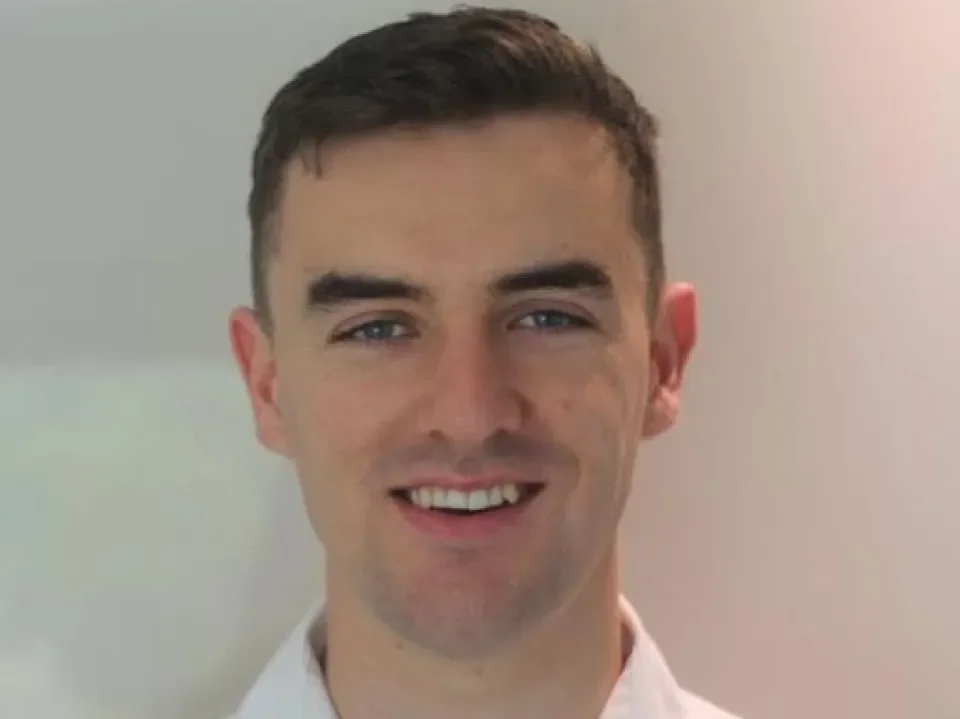

SoBT and School of Psychology Collaboration Publish on the Potential of Phytocannabinoids in Treating Epilepsy
Epilepsy is one of the most common neurological disorders affecting the global population today. A condition characterised by abnormal neuronal activity in the cortex of the brain, it presents itself in the form of recurrent seizures. These seizures can be infrequent, brief and almost undetectable, but can also be persistent, long and vigorous in nature ultimately having a significant impact on the quality of life of those afflicted with such.
Whilst anticonvulsant medications are available to assist in the management of the condition, patients can develop resistance to these treatments over time, rendering them ineffective and in search of an alternative. With between 1-3% of the global population presenting with a form of epilepsy; a statistic equating to 65 million people worldwide, or 40,000 in Ireland alone, research into new means of controlling the imbalance of electrical activity in the brain inherent of epilepsy is warranted.
One such approach which has gathered momentum in recent years is the use of cannabinoid compounds, and researchers from the School of Biotechnology, in collaboration with Dr. Stella Vlachou; principal investigator of the Behavioural Neuroscience Laboratory located in the School of Psychology at Dublin City University, have published a timely review on this topic in a recent edition of the International Journal of Environmental Research and Public Health.

Mr. Aaron Farrelly, first author on the publication
‘Cannabinoids have been utilised for across several millennia owing to their medicinal qualities, though it’s only in the last few decades that we have begun to understand the underlying molecular pathways they influence’, describes Aaron Farrelly, first author on the publication. 'For example, the endocannabinoid system is an inherent part of our central nervous system which has been shown to influence every day physiological and cognitive processes such as mood, memory and pain. The signalling within this system is influenced by endocannabinoids which are commonplace neurotransmitters we ingest typically as part of our daily diet'.
‘For example, part of the pleasure we derive from eating chocolate stems from the ingestion of anandamide, a common endocannabinoid found in chocolate itself. Anandamide literally translates to ‘joy’ or ‘bliss’ highlighting the impact these cannabinoids can have on physiological and cognitive processes.
‘Interestingly, phytocannabinoids such as cannabidiol which is extracted from the cannabis plant interact and influence the receptors, ligands and enzymes of the same endocannabinoid system which chocolate and other sources of neurotransmitters can, albeit with moderately different effects – namely anticonvulsant characteristics. In this way, several phytocannabinoids are now under investigation for their neuroprotective qualities with many seen as potential new alternative treatment options for epilepsy’.
‘Owing to the current limitations characteristic of many anti-epileptic drugs and the emerging evidence on phytocannabinoids in this context, it is thought that we are currently in the interim phase of the next advancement in anti-epileptic drugs’, details Dr. Konstantinos Gkrintzalis, senior author on the publication, ‘Our review is a timely examination of the current understanding of the mechanisms by which phytocannabinoids exert their anticonvulsant effects, though it must be stressed this area still has many unknowns’.
‘As outlined in our review, whilst there is currently not enough data on the safety characteristics of phytocannabinoids in this setting, this has not stopped particular ones from already becoming an approved anticonvulsant therapy to treat epilepsy’.
‘The stark reality faced by treatment-resistant individuals with epilepsy has warranted investigation into the potential of these compounds, whilst also considering their limitations’.
‘We are hopeful that in the near-future our research, and others, will provide a better understanding of these alternative therapeutic means to those mainstream methods which have failed’.
For more information the article can be found here.
